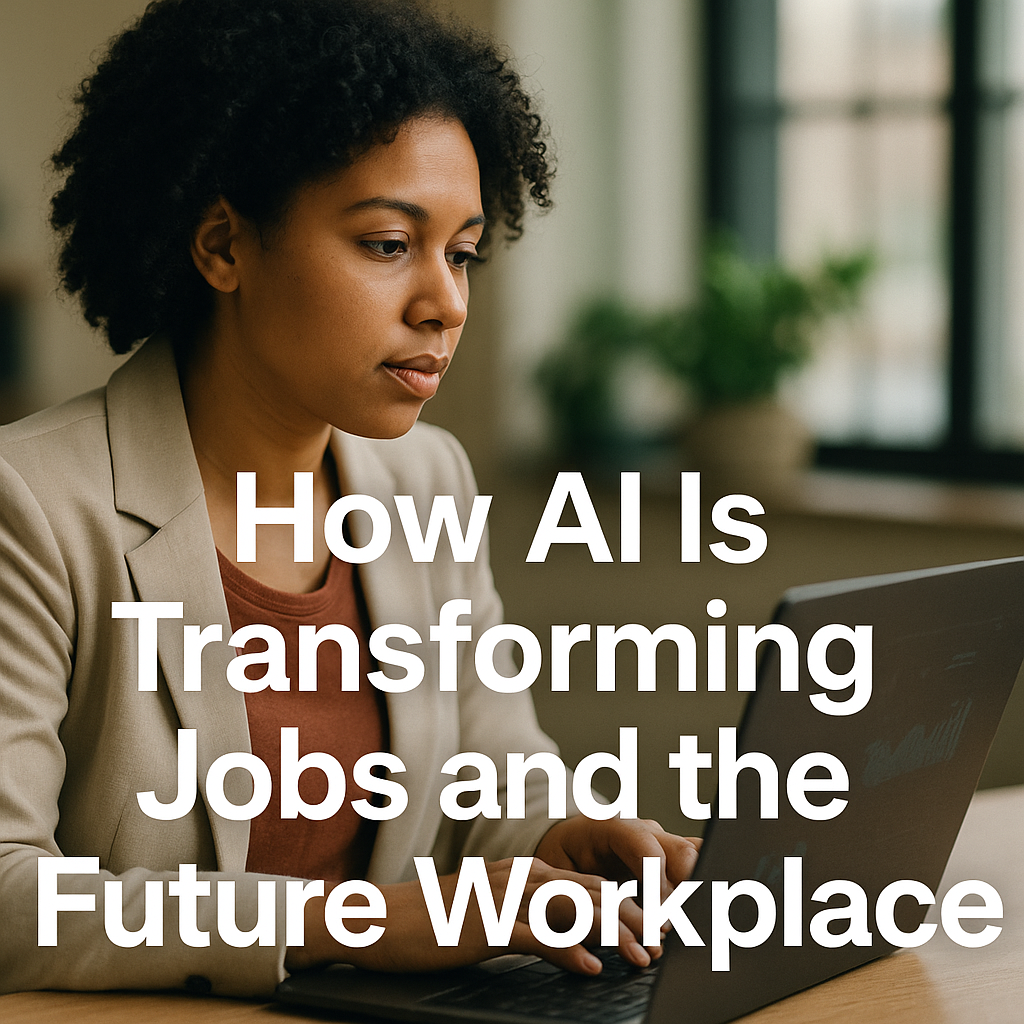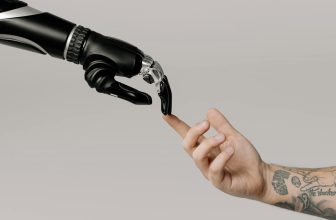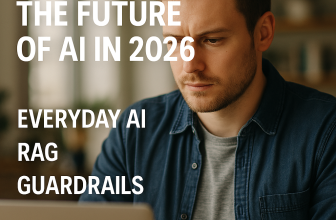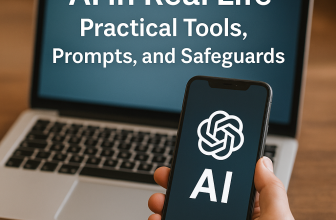
Jobs of the Future: How AI is Changing the Workplace
The rise of Artificial Intelligence is transforming industries and redefining what work looks like in the 21st century. From automation to new career paths, AI is no longer a futuristic concept—it’s a reality reshaping our professional lives. In this article, we’ll explore how AI is affecting jobs today and what you can expect from the workforce of tomorrow.
The Rise of Human-AI Collaboration 🤖🤝
AI is not replacing humans—it’s augmenting them. One of the most profound changes in the workplace is the increasing collaboration between humans and intelligent machines. Routine, repetitive tasks in areas like data entry, customer service, and logistics are now frequently automated. However, this shift is allowing human workers to focus on higher-value responsibilities such as strategy, creative problem-solving, and emotional intelligence-driven roles.
Rather than eliminating jobs, AI is shifting skill demands. Workers are now expected to understand how AI tools function and how to integrate them into daily tasks. For example, marketing professionals use AI to analyze consumer data in real time, enabling more targeted and efficient campaigns. Similarly, architects rely on AI-powered modeling tools to enhance design precision and reduce costs.
This evolving dynamic creates new hybrid roles that blend technical and soft skills. Job titles like AI ethicist, machine learning operations (MLOps) engineer, and robotic process automation specialist are emerging across sectors. These roles highlight a future where humans and AI systems work in harmony, creating smarter, faster, and more creative outcomes.
Preparing for Tomorrow’s Workforce 🎓💼
As AI changes the nature of work, educational institutions, companies, and individuals must adapt. Lifelong learning is no longer a recommendation—it’s a necessity. Professionals must continually update their skills to stay relevant in an AI-driven environment. Digital literacy, data fluency, and analytical thinking are becoming core competencies, regardless of industry.
Companies must also invest in upskilling their workforce. Leaders who proactively provide AI education and hands-on training opportunities will not only retain top talent but also drive innovation. Additionally, ethical considerations around AI—such as bias, data privacy, and algorithmic transparency—are becoming business imperatives, demanding a more responsible approach to AI adoption.
For those entering the job market, pursuing STEM fields, data science, and interdisciplinary studies can open up vast opportunities. However, creativity, communication, and empathy remain invaluable. The most successful workers in future workplaces will be those who can bridge the gap between technology and humanity.
Conclusion
AI is fundamentally reshaping how we work—automating tasks, redefining skillsets, and creating new job roles. While some positions may disappear, many more will evolve or be created anew. Embracing a mindset of innovation, adaptability, and continuous learning will be key for individuals and organizations alike. The future of work is not man or machine—it’s both, working smarter together. 🚀






